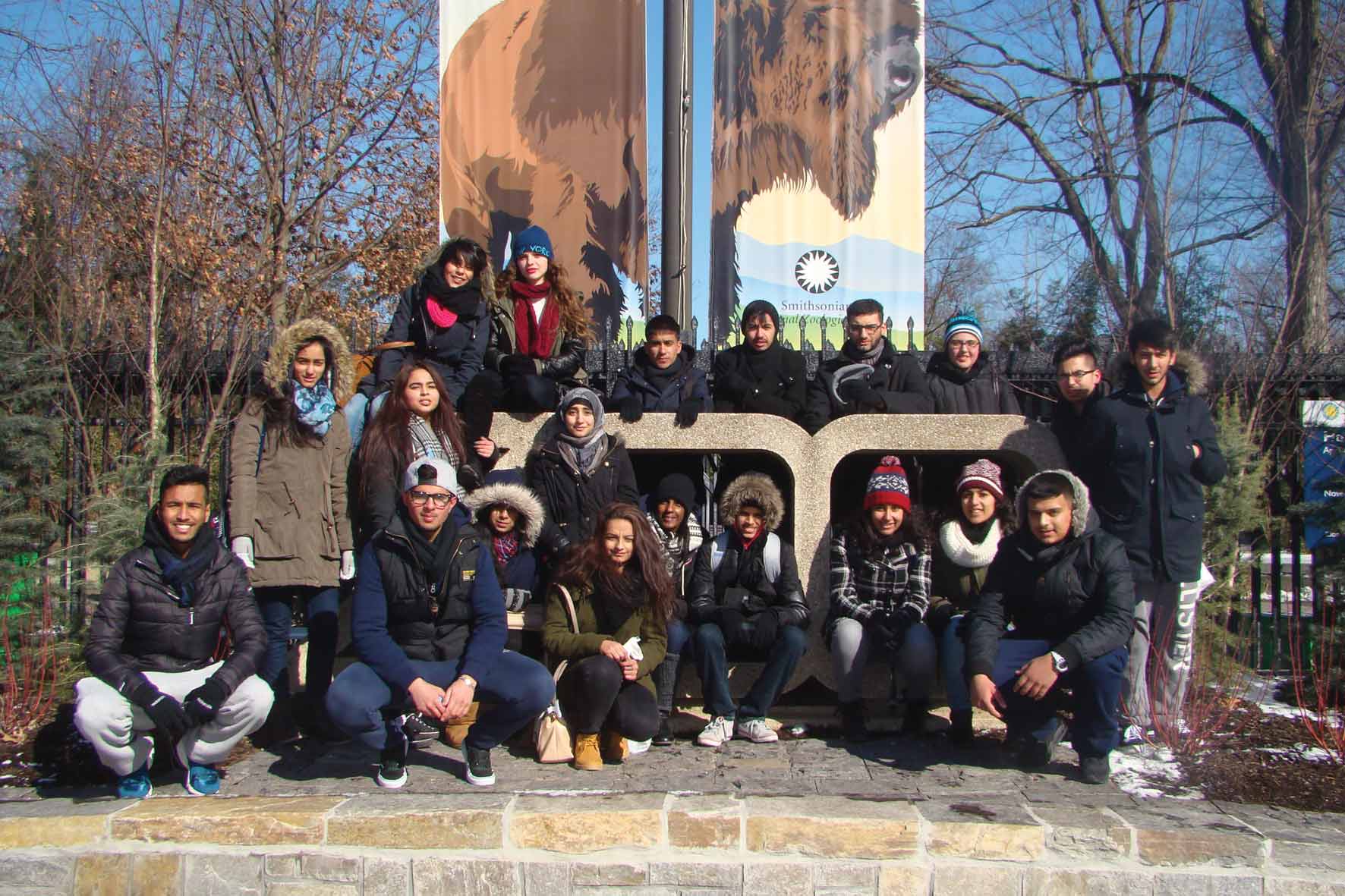Politics
Politics is taught at A Level as an option.
Pupils develop knowledge and understanding of the decision making process in the UK. This involves a study of government at local, regional, national and European Union levels and includes some comparisons with other political systems.
Exam Boards:
A Level Politics: Pearson Edexcel

Statement of Intent
At the heart of the subject is a requirement for students to develop strong analytical and evaluative skills. Debating is actively encouraged in all lessons to promote oracy and cultural capital and to develop synopticity. As Politics is contemporary, students are actively encouraged to read newspapers, listen to the radio (LBC) and access sites such as the BBC. British values based on the concept of Liberal Democracy underpins the course and this concept is widely explored to question the democratic nature of UK Politics.
We teach Edexcel A Politics as the format and question styles enable our students to demonstrate their knowledge and skills. In Year 12, students are taught the two AS units: Component 1 Participation and Component 2 UK Government. This would allow any students undertaking four A levels to complete the AS qualification. These units are taught until Easter/May half term. The focus then switches to the Year 13 units which are Political Ideologies and Global Politics (optional Component). Students will be taught Ideologies until the end of February of Year 13. For the Global Politics unit, this will be taught until Easter of Year 13. After all units are completed, revision for the final exams will be undertaken. To support students with the linearity of the course, students will be regularly assessed in Year 13 on the Year 12 content.
In order to provide learners with the best foundation for success in A level Politics we start by providing students with Year 11 to 12 transitions tasks over the summer which requires prospective students to write a short essay and familiarise themselves with key terms that will be essential to success in the study of Politics. In lessons we start by focussing on the teaching and learning of key foundational concepts such as democracy, authority, legitimacy, and accountability. These concepts are then developed and provided context in subsequent topics in Year 13. We also introduce students to important writing skills which allow students to develop an understanding of the importance of AO1, AO2, AO3, and source analysis.
The Year 13 units are conceptually more difficult. Students need to have a greater understanding of historical changes from the 18th Century onwards and for the Global Politics unit, a comprehensive understanding of the changing nation-state system and 20th Century history as reference. Students will be given a wide range of resources to supplement their knowledge and will be expected to read more extensively. Students are also given a reading pack to strengthen their evaluative and analytical skills. Essay skills are built upon to support the Year 12 components.
Politics students are encouraged to participate in activities which supplement and enhance their experience of Politics. Where possible students of Politics will be given the opportunity to visit the Houses of Parliament and take part in a workshop led by a member of the Parliament Education Unit. In addition to the aforementioned enrichment opportunities, Featherstone High School has also hosted hustings during the 2017 and 2019 General Election which have been attended by year 12 and year 13 politics students.
Politics Learning Journey
Learning Journeys
A Level
Year 12 & 13
